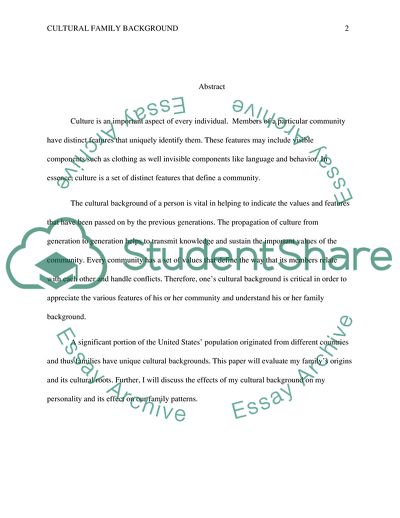Cite this document
(Cultural Family Background Coursework Example | Topics and Well Written Essays - 2500 words, n.d.)
Cultural Family Background Coursework Example | Topics and Well Written Essays - 2500 words. https://studentshare.org/psychology/1795784-cultural-family-background
Cultural Family Background Coursework Example | Topics and Well Written Essays - 2500 words. https://studentshare.org/psychology/1795784-cultural-family-background
(Cultural Family Background Coursework Example | Topics and Well Written Essays - 2500 Words)
Cultural Family Background Coursework Example | Topics and Well Written Essays - 2500 Words. https://studentshare.org/psychology/1795784-cultural-family-background.
Cultural Family Background Coursework Example | Topics and Well Written Essays - 2500 Words. https://studentshare.org/psychology/1795784-cultural-family-background.
“Cultural Family Background Coursework Example | Topics and Well Written Essays - 2500 Words”. https://studentshare.org/psychology/1795784-cultural-family-background.


